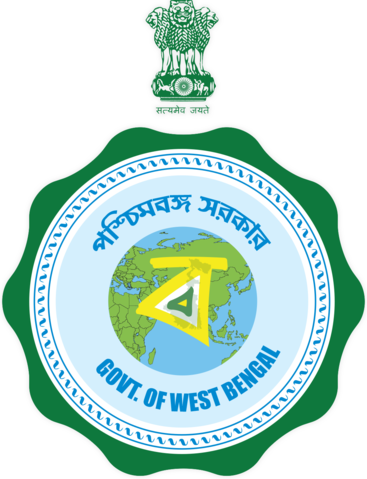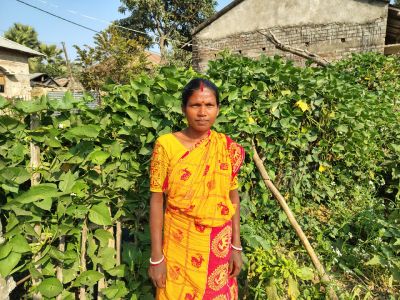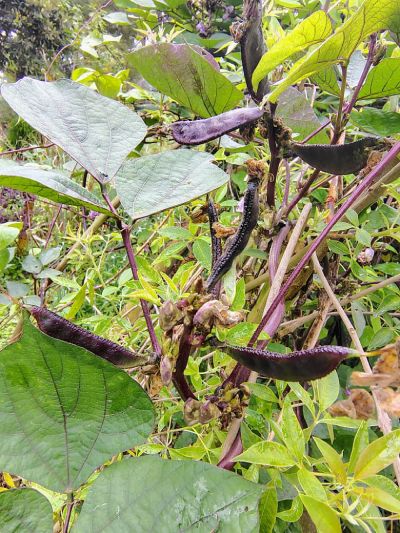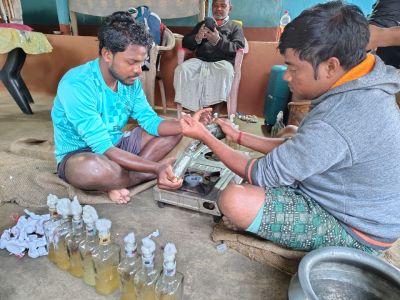
Over the past few decades, indigenous crop genetic resources in our state have eroded, as reflected in the People’s Biodiversity Registers (PBRs), prepared by the local Biodiversity Management Committees (BMCs). To mitigate this problem, the Board undertook the initiative to conserve and promote indigenous crops across diverse agro-climatic regions, through sustainable agriculture, involving local communities. In the first phase, activities began in Hirbandh (Bankura), Bolpur-Sriniketan (Birbhum), Dantan-I (Paschim Medinipur), Kultali and Basanti (South 24 Parganas), later extended to Kumargram (Alipurduar), Sankrail and Nayagram (Jhargram). Currently, the programme has reached Hingalganj (North 24 Parganas), Sonamukhi (Bankura), Habibpur (Malda), Harirampur (Dakshin Dinajpur), and Raiganj (Uttar Dinajpur).
With the help of Department of Botany, University of Calcutta, West Bengal Biodiversity Board is providing the farmers with soil fertility-enhancing and plant defence providing microbes and technical guidance for preparing traditional agricultural inputs. In those areas, farmers have adopted low-cost sustainable organic methods with promising results. Varieties like Nonasal, Kaminibhog, Tyangrasal, and Rabin-Kartik are valued for climate resilience, while Kabirajsal, Badshahbhog, and Kalabhat are cherished for taste and nutrition. With Board’s support, over 300 traditional crop varieties—rice, vegetables, pulses, oilseeds, and millets—are being conserved. The Board is also helping the farmers for marketing of the agricultural produce. For this, one outlet for selling the goods is also being setup at the New Administrative Building of the Environment Department.







